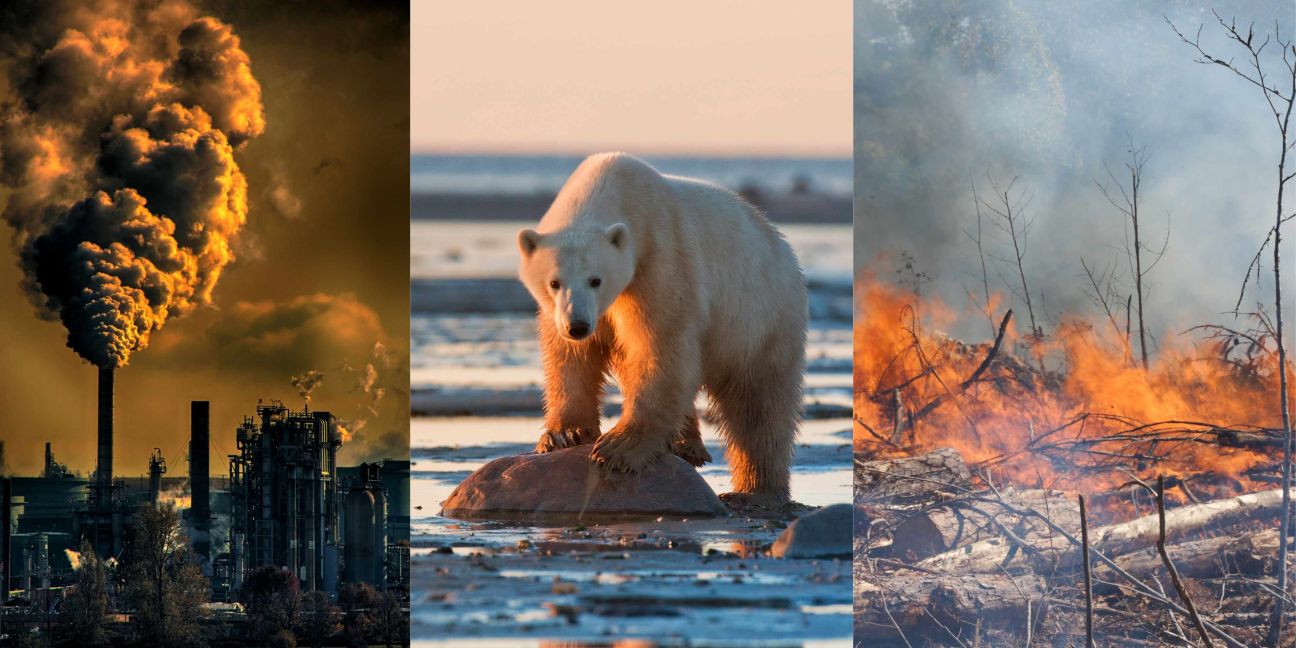
Report highlights 2 Egyptian projects among major clean energy ventures in N.Africa
A report by Energy Capital & Power highlighted two Egyptian projects – Suez Wind Power ...

A recent study has called for a levy on carbon emissions that would compensate vulnerable populations for harms caused by climate change.
In the study, Alberta University law professor Adebayo Majekolagbe stressed that any just climate change impact assessment framework should also account for the social costs of transitioning away from fossil fuels to greener energy — such as impacts on the well-being of fossil fuel workers, their families and host communities.
The levy could contribute to a global fund to support those adversely affected
“When it is assessed that a project will emit X tonnes of greenhouse gases, the social cost of emissions should be calculated,” said Majekolagbe, “and a percentage of that cost should be remitted into a loss and damage fund to help those most vulnerable to and impacted by climate change in Canada and globally.”
Calculating socio-ecological harm in monetary terms may be a crude measure, but for now it’s the best one we have, he said.
“You want to make the impacts of climate change as vivid as possible, and people understand the language of money.”
According to the study, the social cost of carbon is not about connecting emission sources to specific harms. Rather, it acknowledges that there are immense costs borne in the most vulnerable parts of the world when greenhouse gas is emitted.
“The conversation is more about the inherent harm in the emissions of carbon from fossil fuel,” he said. “We know that it would in some way contribute to actual, eventual harm, but our figures would reflect the potential harm.”
Majekolagbe stressed that any just climate change impact assessment framework should also account for the social costs of transitioning away from fossil fuels to greener energy — such as impacts on the well-being of fossil fuel workers, their families and host communities.
“It’s not just the social cost of carbon; a just transition recognizes the social cost of the transition.”
Much of the work estimating the social cost of carbon has already been done by groups in the U.K., the U.S. and Canada, according to the study. During the administration of former U.S. president Barack Obama, Canada and the U.S. formed interagency working groups to arrive at more accurate modelling and values for that cost.
“People impacted the most by climate change are those who are already vulnerable,” he said. “Let’s not just put figures on paper — let’s give policy real teeth and translate it into redress for those suffering the worst impacts.”
Damages might include lost agricultural productivity or property lost to flooding, but also non-market damages to human health, living conditions and natural ecosystems. Canada does not currently consider loss and damage due to climate change in impact assessments, said Majekolagbe.
A report by Energy Capital & Power highlighted two Egyptian projects – Suez Wind Power ...
The opening concert of the Annual Meeting 2025 in Davos-Klosters will address the pressing issues ...
Juhayna Food Industries proudly announced that its agricultural arm, El Enmaa for Agricultural Development, has ...


اترك تعليقا